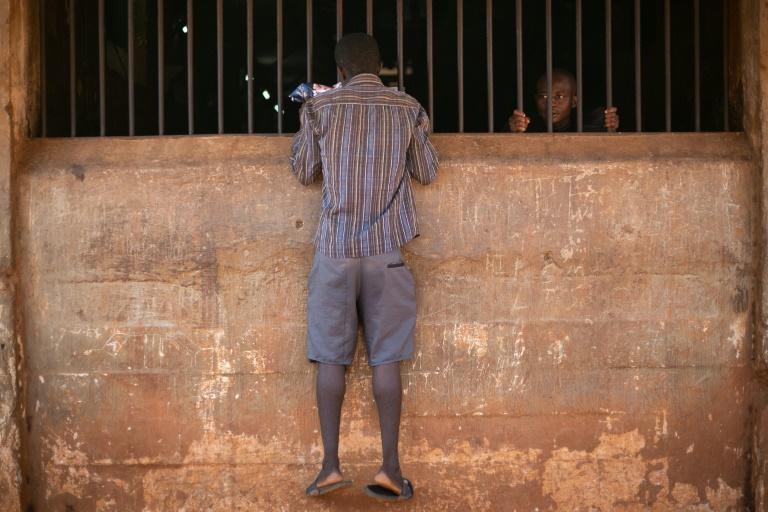The ICJ welcomes the Sierra Leone’s decision to abolish the capital punishment. On Friday 23 July, Sierra Leone’s parliament unanimously adopted a Bill presented by the Attorney-General & Minister of Justice, Mr. Anthony Brewah, abolishing the death penalty at all times, even during war.
The Bill now awaits President Julius Maada Bio’s signature before become law. The ICJ welcomes this development, which is both consistent with the pro-abolitionist spirit of the International Covenant on Civil and Political Rights (ICCPR), by which Sierra Leone is bound, and in line with international best practice, since, as the Human Rights Committee has observed, “the death penalty cannot be reconciled with full respect for the right to life, and abolition of the death penalty is both desirable and necessary for the enhancement of human dignity and progressive development of human rights.”
Replacing capital punishment with life imprisonment or a minimum 30-year jail term for relevant crimes, Sierra Leone becomes the 23rd country in Africa to abolish the death penalty.
“The death penalty is an ultimate denial of the most fundamental of human rights, the right to life. It is an infringement of people’s right to dignity and has been proven time and time again to constitute per se a cruel, inhuman or degrading punishment. We urge President Bio to sign the Bill into law without delay and commute the death sentences of all prisoners who are sitting on death row,” said Kaajal Ramjathan-Keogh, ICJ Africa Director.
Sierra Leone has faced sustained pressure from human rights groups for its continued retention of the death penalty. In May 2021, Deputy Justice Minister Umaru Napoleon Koroma officially announced that the State would ban the death penalty to “uphold the fundamental human rights of Sierra Leoneans”.
“As a former Commissioner at the Human Rights Commission of Sierra Leone, it is encouraging to see Sierra Leone adopt the Commission’s recommendation to repeal the death penalty. The Commission has been working tirelessly on this issue for the past ten years”, said ICJ Commissioner and Sierra Leone Judge, Jamesina King.
The ICJ urges the Sierra Leonean authorities to ensure that the abolition of capital punishment be applied retroactively to all individuals charged or convicted of a capital offence in accordance with the principle of retroactive leniency, which requires States to grant offenders the benefit of lighter penalties adopted after the commission of the offence, and which, Article 15 of the ICCPR, among others, guarantees.
Background
While the country has not had any executions since 1998 when 24 military officers were put to death after a coup attempt the year before, in 2020 the number of recorded death sentences increased in Sierra Leone to 39. The Sierra Leone’s 1991 Constitution allows courts to impose the death penalty for certain crimes. The increasing international trend among States to abolish the death penalty is growing evidence of an international customary law standard requiring the abolition of the death penalty at all times as attested to by “the increasing number of States parties to the Second Optional Protocol to the [ICCPR], aiming at the abolition of the death penalty, other international instruments prohibiting the imposition or carrying out of the death penalty, and the growing number of non-abolitionist States that have nonetheless introduced a de facto moratorium on the exercise of the death penalty”. The abolition of the death penalty in Sierra Leone will undoubtedly favourably add to this trend.




